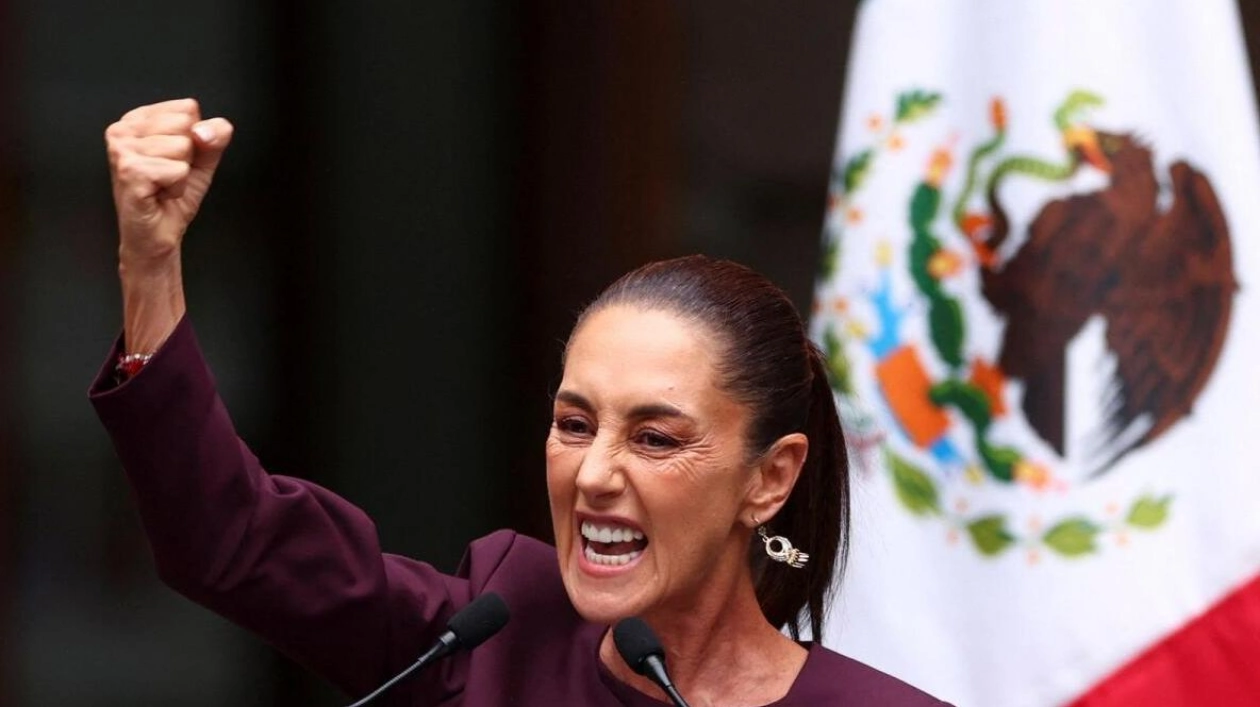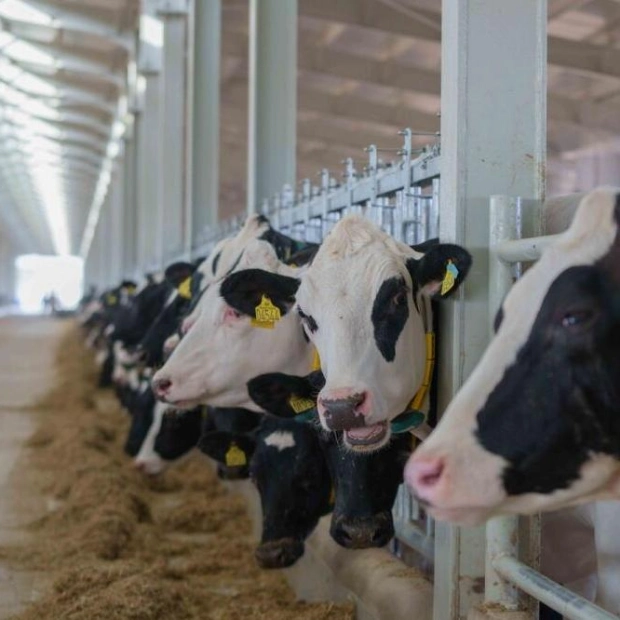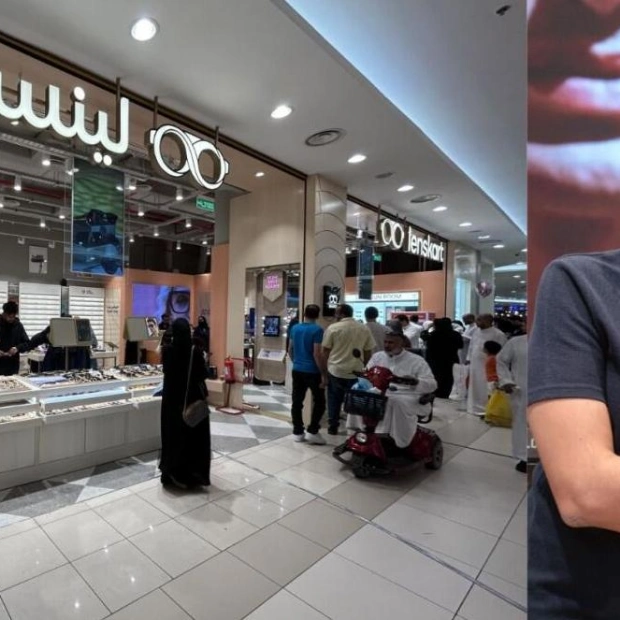Claudia Sheinbaum, the former city mayor who will assume office on Tuesday as Mexico's first female president, is an environmental scientist and dedicated leftist known for her calm demeanor during crises. At 62, Sheinbaum is a close ally of outgoing President Andres Manuel Lopez Obrador, but is considered more pragmatic and less populist.
"The driving force behind both is the fight for a more just society, but with significant differences," analyst and author Jorge Zepeda Patterson noted in his recent book, Presidenta. Lopez Obrador hails from rural southern Mexico, while Sheinbaum comes from an intellectual, middle-class, cosmopolitan, modern, and urban background.
Sheinbaum has a "more modern left" agenda that includes issues of feminism and the environment, according to Zepeda Patterson. Born to Bulgarian and Lithuanian Jewish immigrants in Mexico City during the early 1960s, Sheinbaum often refers to herself as a "daughter of 1968" in reference to the student movement.
Her mother, renowned biologist Annie Pardo, lost her job as a university professor for denouncing the massacre of students. "At home, we discussed politics morning, noon, and night," Sheinbaum was quoted as saying in a biography. Guillermo Robles, a former classmate at the National Autonomous University of Mexico, remembers Sheinbaum as a serious student.
Sheinbaum's political convictions as a young woman were rooted in left-wing ideology. She spent several years as a researcher in California, where she improved her English language skills. In 2000, Lopez Obrador appointed her as Mexico City's environment secretary with a focus on reducing pollution.
After Lopez Obrador's defeat in the 2006 presidential election, Sheinbaum returned to academia. She was a contributing author to the United Nations' Intergovernmental Panel on Climate Change, which won the Nobel Peace Prize in 2007. In 2017, after returning to politics, Sheinbaum faced criticism when a powerful earthquake caused a school to collapse in a district where she was mayor, resulting in 26 deaths, including 19 children.
Sheinbaum denied responsibility for construction irregularities and was subsequently elected mayor of all of Mexico City. Her use of scientific methods and technology was evident in the capital's Covid-19 pandemic response, though it did not prevent a high mortality rate.
In 2021, another disaster struck when a section of an elevated metro track collapsed, killing 26 and injuring dozens. Sheinbaum rejected accusations that budget cuts were to blame and negotiated with the construction company to obtain compensation for victims.
During the June election debates, Sheinbaum's main opponent, Xochitl Galvez, branded her "cold and heartless," accusing her of lacking sympathy for child cancer patients and earthquake victims. Despite this, Sheinbaum remained composed and occasionally showed a warmer side, embracing supporters and displaying a nerdy sense of humor on TikTok.
Sheinbaum's former classmate, Robles, noted that success had not gone to her head. "She genuinely loves Mexico. She's not ambitious like many politicians. Claudia is unlike traditional politicians," he said.






